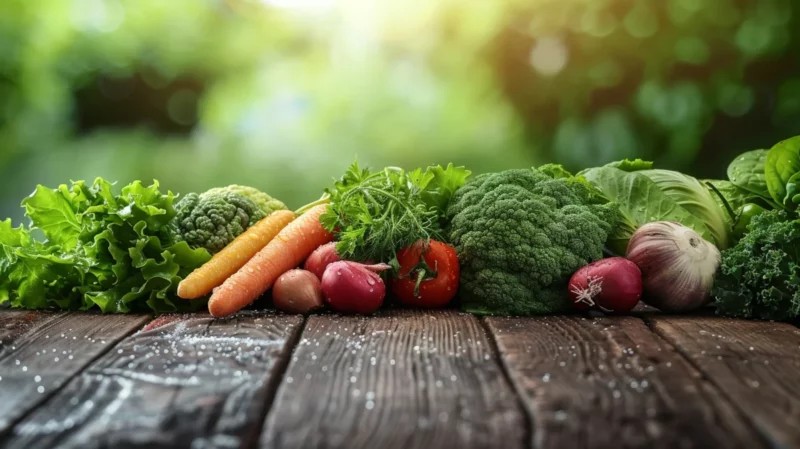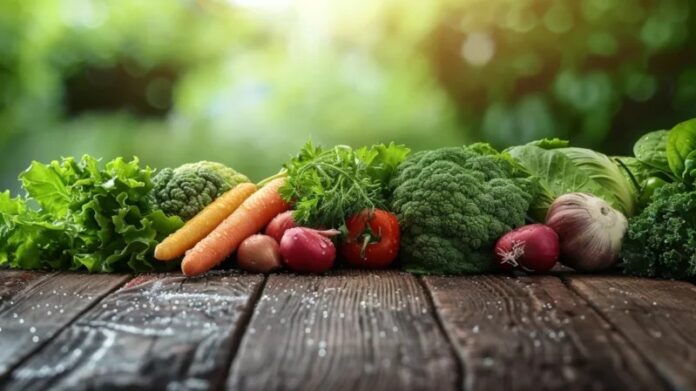Nutrition is a major concern for everyone, and even more so for those who follow a specific diet. Whether for health, ethical, or personal preference reasons, many people turn to alternative diets that exclude certain types of foods, such as animal products. Among the key nutrients to watch out for in these diets, cobalt plays a crucial role, especially as a component of vitamin B12. Let’s take a look at how you can ensure adequate intake of this vitamin from plant sources.

Seaweed, is a remarkable plant resource
When we talk about vegan diets, seaweed is not the first to come to mind. However, these aquatic plants are a valuable source of many nutrients, including cobalt. Rich in vitamins, minerals, and amino acids, seaweed is distinguished by its ability to absorb and concentrate mineral elements present in seawater, including those that are rare on land, such as cobalt.
Legumes, sources of plant proteins
Often recommended as part of a vegan diet, pulses are not only a valuable source of plant-based protein, but they are also packed with many minerals, including cobalt. Beans, lentils, chickpeas, and peas are particularly rich in essential amino acids, making them a great alternative to animal protein for those following a vegan diet.
Nuts and seeds, foods rich in nutrients
Nuts and seeds are another group of foods rich in nutrients, including cobalt. These little foods are nutritional powerhouses, containing a wide variety of vitamins, minerals, proteins, and omega acids. Chia, flax, and sesame seeds, as well as cashews, are particularly recommended for their cobalt content.
Food supplements, a solution to compensate for deficiencies
Supplements can be an effective solution for those who struggle to get enough cobalt from their diet. There are a variety of vegan supplements that are rich in vitamin B12 , which contains cobalt. However, it is always best to consult a healthcare professional before starting any supplements to avoid overdose or interactions with other medications.
In conclusion: a world of plant possibilities
Adopting an alternative diet does not necessarily mean suffering from nutritional deficiencies. By expanding your dietary horizons to less conventional plant sources such as seaweed, making sure to include legumes and nuts in your diet, and possibly considering the use of dietary supplements, it is entirely possible to ensure adequate cobalt intake.
The keys to plant cobalt are therefore within your reach, you just need to know where to look and adapt your diet accordingly.



